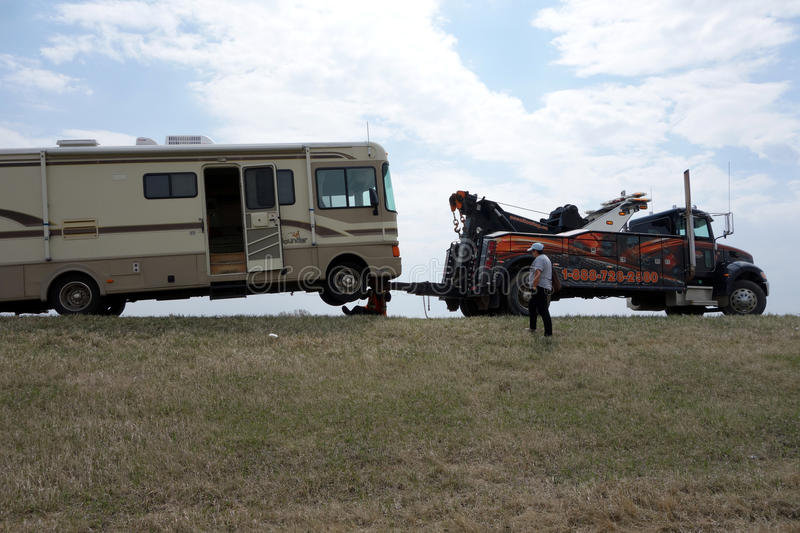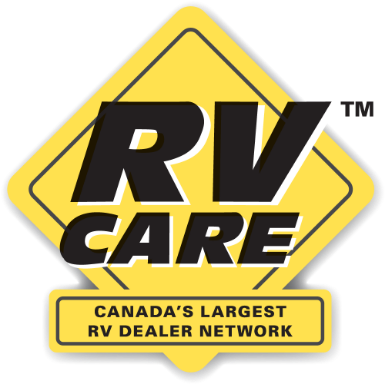RV Extended Warranties — Are they worth it?
Published on Jan 21, 2023
Triangle RV offers the best of the best with extended warranties provided by IA
RV Extended Warranties — Are they worth it?
RV Warranties… the part of RVing no traveler wants to think about.
It’s protection for the worst-case scenarios, and serves only as peace-of-mind in the best case.
Is an RV extended warranty right for you? Do you need it if you already have insurance?
We answer both those questions and more.
What is an RV extended warranty?
An RV extended warranty is protection that extends beyond your manufacturer’s warranty to cover the cost of repair to many mechanical and electrical failures that occur in your rig during the lifetime of the policy. These contracts should clearly define what is and is not covered on your rig and offer between 1 and 7 years of coverage.
I already have RV insurance. Do I need an extended RV warranty?
When it comes to RV protection, most travellers have trouble distinguishing between RV insurance and warranty coverage—and are often left wondering if they need both.
Simply put, you’re required by law to have comp and collision RV insurance while driving a motorhome in Canada.
In contrast, a warranty isn’t a legal requirement. These policies are optional coverages to protect against the things that insurance wouldn’t cover, such as engine failure.
What’s the difference between RV insurance and an RV warranty?
Insurance is designed to cover costs associated with incidents like collision, natural disaster, and theft. Conversely, an RV warranty will cover the repair expenses for all of the components that make your RV move when these failures are not associated with collision or physical damages.
Warranties are often viewed as an additional peace of mind purchase on your unit, while insurance is a requirement.
Having both can be the best one-two punch to secure yourself against any damages that can occur while on the road.
What’s the benefit of an RV warranty?
Repair costs are constantly rising. As RVs become increasingly complex, the demand and cost for highly skilled labor and technical parts increases as well.
Currently, labor rates are average at least $140 per hour, while parts double that at about $280 per hour. That means you’ll be paying $420 per hour for repairs out of pocket.
An RV warranty benefits your rig and your wallet by paying your repair bill so you can use your travel budget on what it’s meant for: adventure!
In addition to the high cost of repairs, statistics also show that RVs have a very high chance of breakdown. In fact, 30% of all RVs will suffer a major mechanical failure by their 2nd year on the road, right when the protection of your manufacturer coverage has run out. From there, the odds increase to 80% by their 5th year, and nearly every RV suffers a major mechanical failure by their 8th year in-service. RVs break down, and the repair costs are only expected to go up.
Beyond the immediate relief to your bottom line, warranties also help increase the resale value of your rig should you decide to sell. Not only does it indicate that the RV was properly maintained, but the contract can provide extra value as transferred coverage to your prospective buyer.
The main traits that determine the quality of the warranty include:
- Options available
- Contract specialists
- Post-purchase support
- An unlimited network of repair facilities
As a buyer, you’ll want to purchase a personalized policy that fits your travel style and rig. Make sure your salesperson is an expert on warranties, not just physical RVs, and can explain the policy in black and white so you understand what’s covered with your purchase and what isn’t.
You should never buy a policy you haven’t seen the full terms and conditions of, or from a provider who can’t answer your questions and concerns about the contract.
Beyond that, you’ll want someone who will stand by you during the lifetime of your policy. This means going up to bat for you when the inevitable claims process arises.
Lastly, you’ll want to make sure you can take your motorhome or towable RV to any repair shop. Because your rig is meant for traveling, you should ensure you’re covered if an emergency situation happens while you’re away from home, or away from the dealership you purchased the policy from.
What does an extended RV warranty cover?
Extended warranties are built to cover expenses associated with the failure of mechanical and electrical components on your trailer or motorhome. Depending on the level of coverage purchased, this can include everything from your diesel engine and transmission, to your slide-outs, leveling systems, appliances, heating and cooling, and more.
The two most common levels of coverage you will find are known as comprehensive and exclusionary policies.
A comprehensive policy will list everything that is covered. This means, if something in your rig fails that isn’t listed in the contract, it won’t be covered by the warranty.
On the other hand, an exclusionary policy will do the opposite. It will list every component that’s excluded from coverage. If the failure that occurs is not on this exclusions list, it’s covered. This means exclusionary coverage is the most extensive option, as it truly weeds out any gray areas in coverage.
Another option offered is a Basic or Powertrain Only policy, which cover the most catastrophic possible failures to items such as your transmission, engine, and drive axle.
Picture this. You’re traveling through the southwest, near Tucson, Arizona. You stop in a campground to get some rest before the remainder of your drive… only to find out your air conditioning is completely shot. You’re not that handy, and you can’t figure out which part of the component is failing. Meanwhile, it’s a sweltering 107 degrees.
A good RV extended warranty is designed for scenarios like this. With a protection plan in place, you simply need to call a mobile mechanic to come out to you, diagnose the problem, and get pre-authorization before he starts his work. Within a few hours, all cooling systems are go and you can take it easy with a cold beverage in hand—having only paid one low deductible.
In another case, maybe you are a handy RVer, and can complete all your maintenance and most of the everyday problems that go wrong on the rig yourself.
But when your refrigerator fails on your family trip that you’ve spent months planning, you just don’t have the tools to pull it through the windshield and re-install another. If you carry an RV warranty, you’ll just need to get your pre-authorization, have a repair facility or mobile mechanic complete the tough repair job on your rig, and get back on the road with your family in tow.
What isn’t covered by a warranty?
Not everything will be covered under an RV extended warranty. It’s important to work with an upfront salesperson who will walk you through exactly what the limitations of your policy are. As mentioned above, anything that would be covered by your RV insurance such as damages caused by collision or weather, will be excluded by warranties.
Generally, things like upgrades, lamps, and weather stripping will not be covered by an RV extended warranty. Maintenance items like belts, hoses, and brake pads, as well as maintenance services like oil changes will also be excluded. Aesthetic items such as paint and furniture are also not mechanical or electrical, so they’re not included in the scope of coverage. This is a plus for many RVers who have followed the trend of painting over the stark brown interior.
How much does RV extended warranty coverage cost?
Depending on the level of coverage you purchase, the cost of an RV extended warranty will vary.
The major factors likely to play a role in pricing include your vehicle’s mileage, age, make, model, and value.
You’ll often find that locking in many years of coverage at once will provide the best average per year pricing as well. A less expensive contract may mean you aren’t getting the level of coverage desired. Similarly, more expensive doesn’t always mean better quality.
Normally, the cheapest warranty with the longest term you can purchase is when your vehicle is still under its manufacturer’s warranty.
Companies determine the price of the policy based on the risk associated with your RV. When you no longer have the manufacturer’s coverage on your vehicle, you’re considered higher risk for warranty providers. Additionally, you’ll have to pay for an inspection because your rig will be considered ‘used’.
If price is a concern for you, consider securing coverage prior to the factory warranty’s expiration to get the biggest return where it matters most: your wallet.
Bottom line…..your RV costs a lot of money and has potentially many specialty parts. Protect yourself and get piece of mind with an extended RV warranty.

